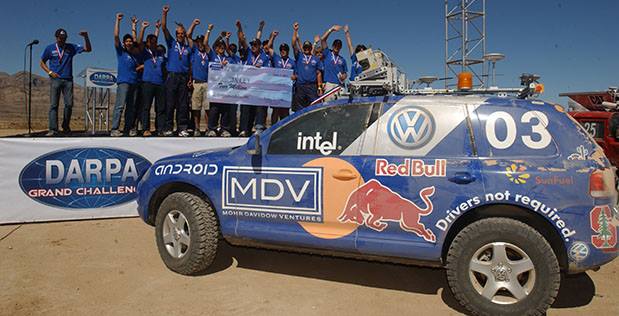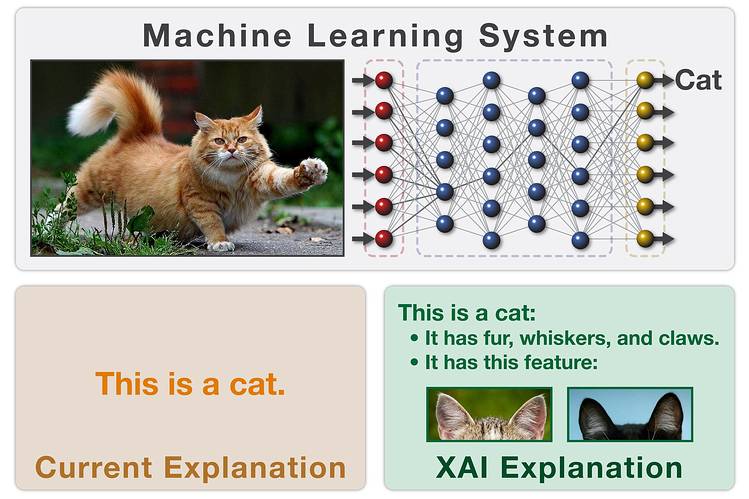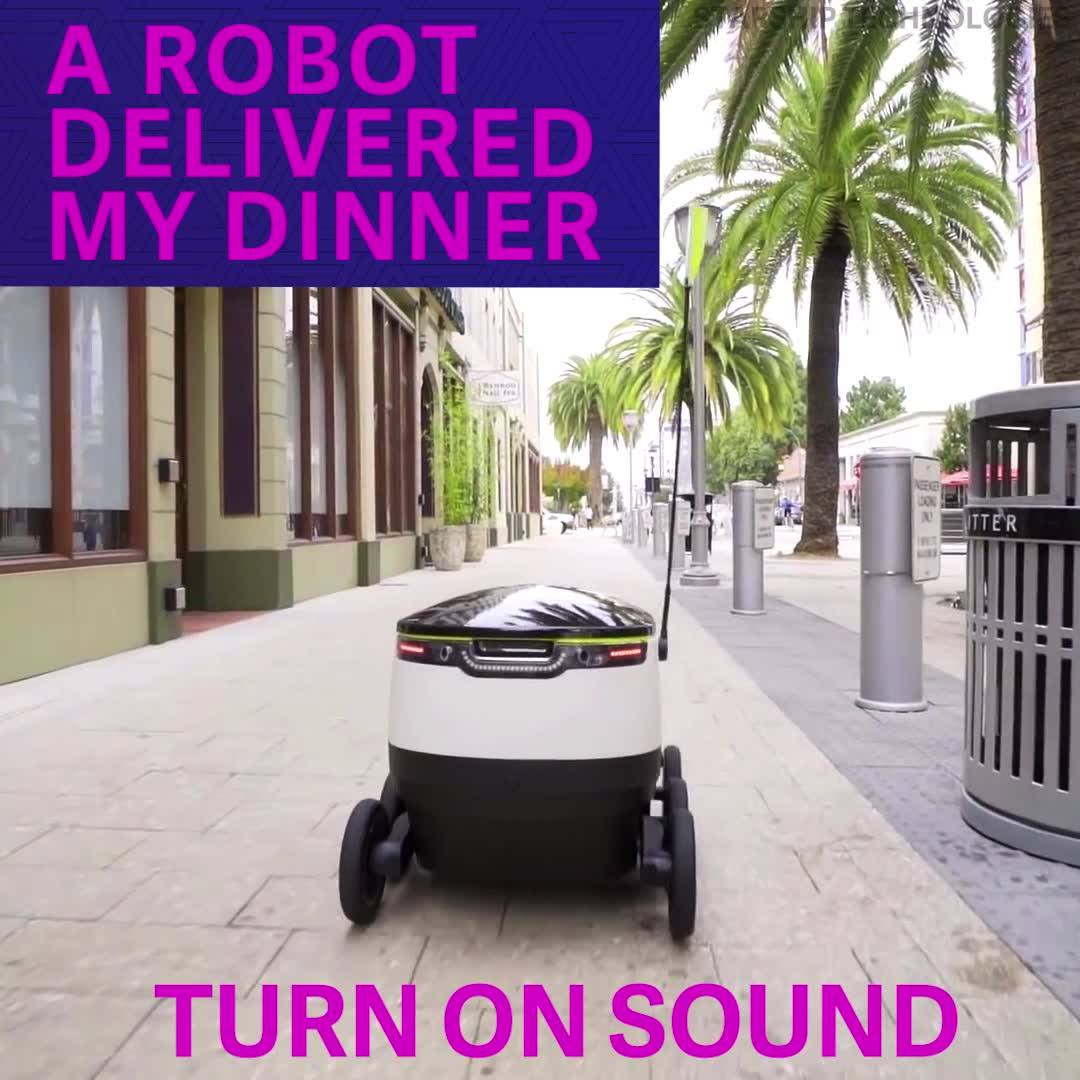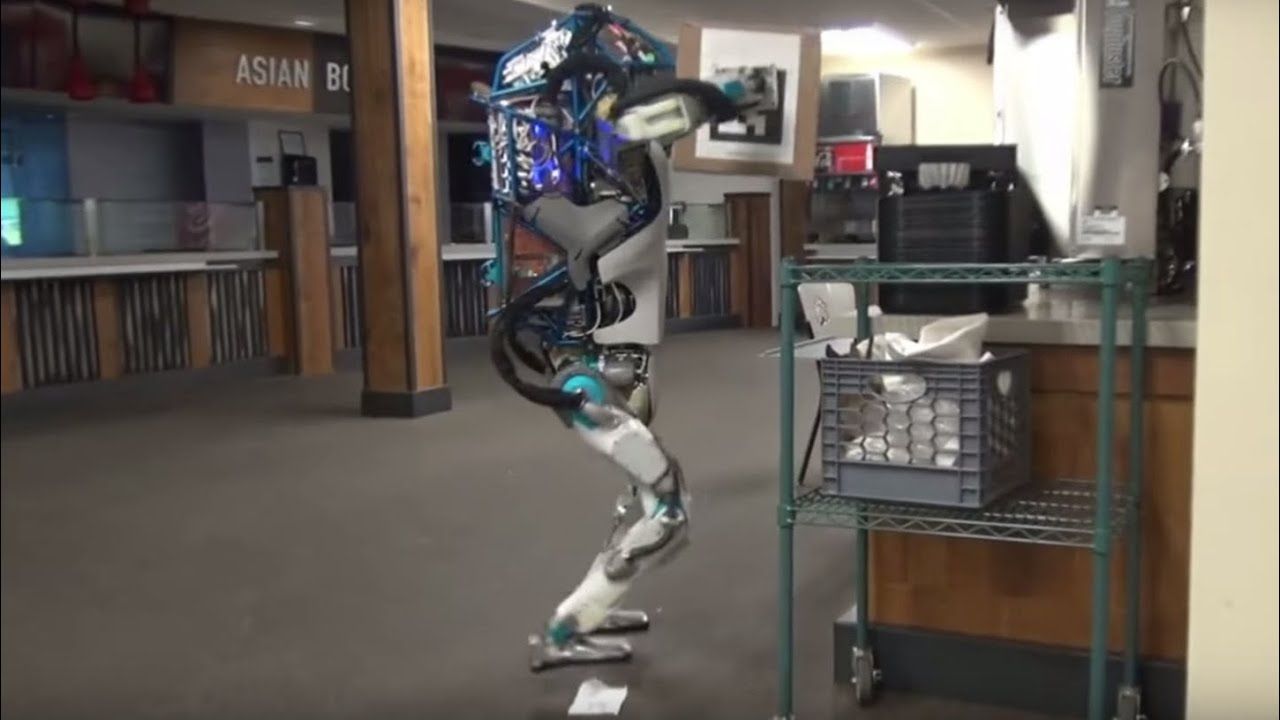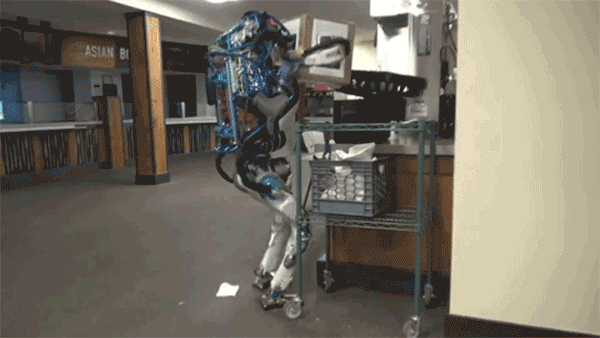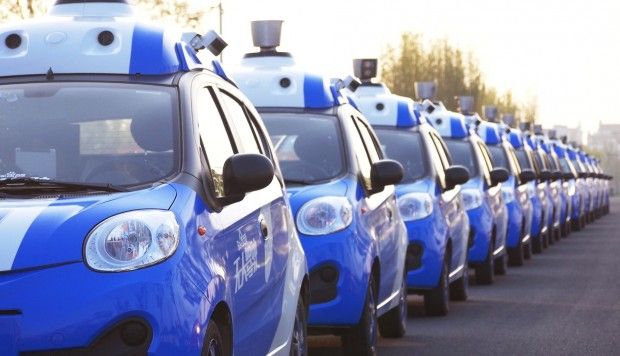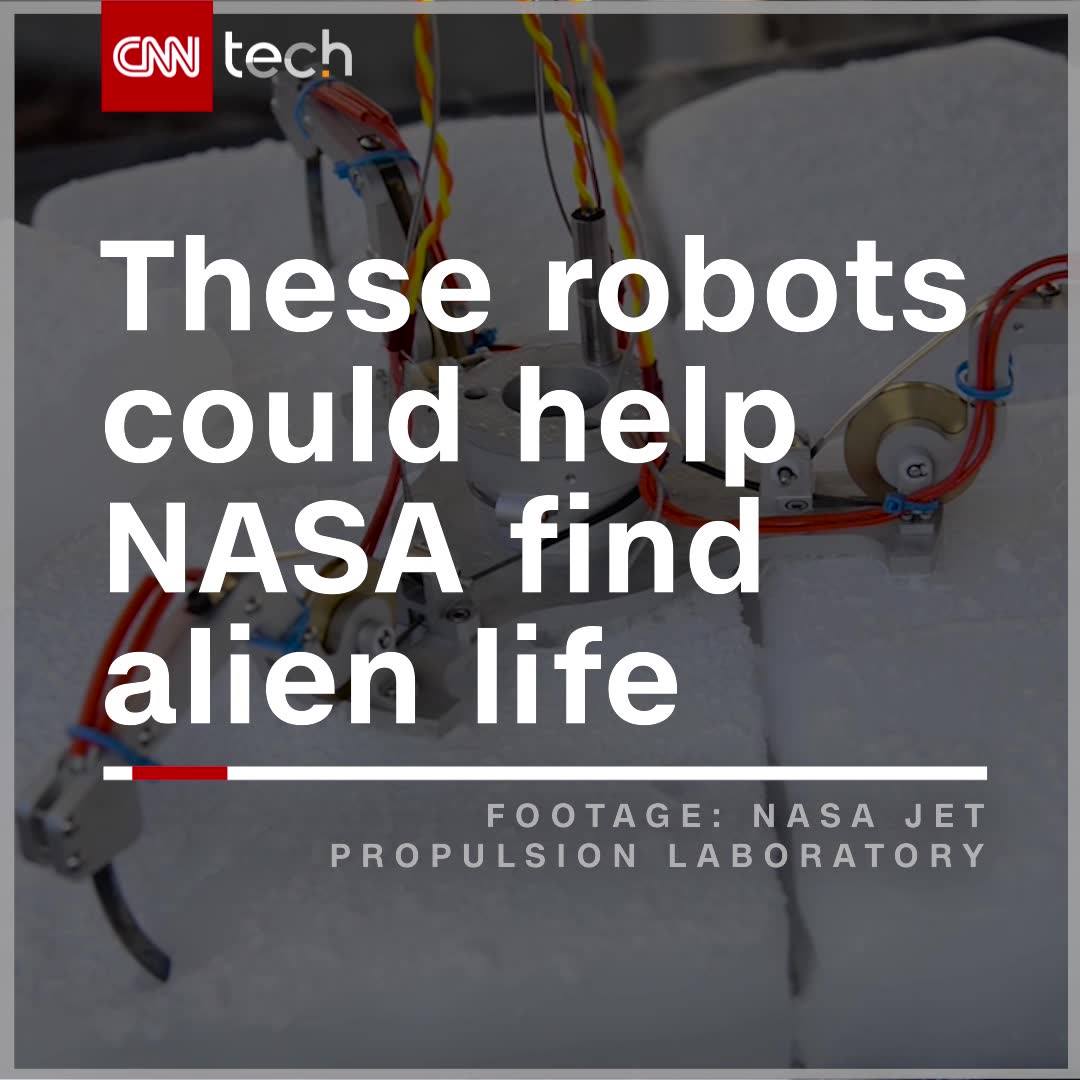How our ideas about sex and service influence the personalities we give machines… Consider the artificially intelligent voices you hear on a regular basis. Are any of them men? Whether it’s Apple’s Siri, Microsoft’s Cortana, Amazon’s Alexa, or virtually any GPS system, chances are the computerized personalities in your life are women.
This gender imbalance is pervasive in fiction as well as reality. Films like “Her” and “Ex Machina” reflect our anxieties about what intelligent machines mean for humanity. But AI, in and of itself, is genderless and sexless. Why, then, are the majority of the personalities we construct for these machines female?
Is it about service? Assigning gender to these AI personalities may say something about the roles we expect them to play. Virtual assistants like Siri, Cortana, and Alexa perform functions historically given to women. They schedule appointments, look up information, and are generally designed for communication.

